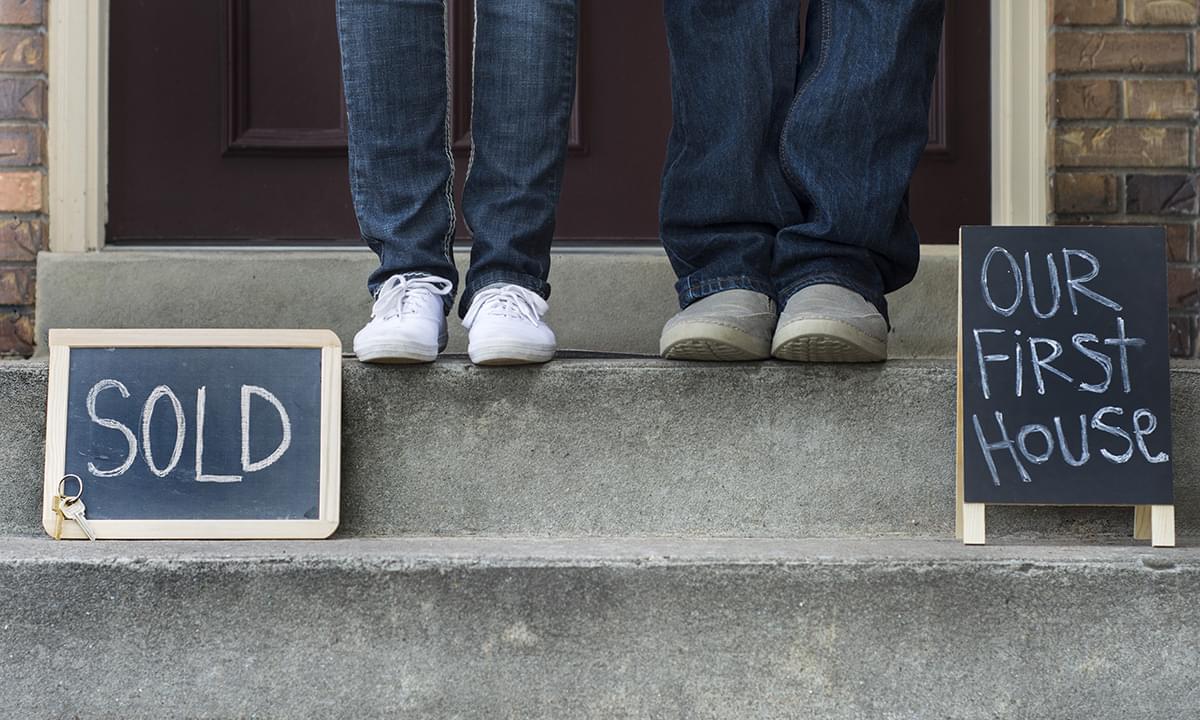Here are steps to help you secure the mortgage you need and make that new dream home a reality.
How Much Mortgage Can You Qualify For?
How much a bank will loan you is based on a few factors in your financial history:
- How much money you have coming in each month.
- How much money you owe in debts each month.
- How your track record is for paying off debt.
The lender will determine this based largely on your debt service ratio, sometimes called the debt-to-income ratio (DTI). To calculate your debt service ratio, divide your annual income by the total amount of your recurring debt payments (credit card bills, car loan, student loan, etc.) you need to pay off per year.
Petra Koonoolal, an RBC mortgage specialist coach in Trinidad, adds that, “In Trinidad, because of the high price of real estate, it is better for the client to know how much they qualify for before they go shopping around.”
How Much Mortgage Can You Afford?
Because you qualify for a large home loan doesn’t necessarily mean you can afford to pay it off, Koonoolal says. It can be important to find out how much the mortgage will actually cost you. Here’s how to calculate your payments for the life of the mortgage:
- Monthly payments: An RBC Mortgage Specialist can help you figure out how much you will owe each month on your mortgage payment.
- Down payment: The down payment you make will affect the size and kind of mortgage you qualify for. Traditionally banks require a minimum down payment of 10%, so that’s a good place to start as you assess your savings and assets. Will you be able to take some or all of the down payment out of your savings or from the currents assets you possess and still remain financially stable? If you think that the minimum down payment might be difficult for you, you should speak to an RBC Mortgage Specialist to explore your options.
- Other upfront costs: Don’t forget about other fees you may have to pay when you hand in your down payment, including closing costs such as legal fees.
Track Down and Collect All the Required Documents
Your RBC Mortgage Specialist can help you figure out what documents you’ll need. Keep this list handy, maybe even stick it on your fridge or a bulletin board at home so you can check off each item as it’s ready. Because it will take some time to request and collect the appropriate documents for your mortgage application, start the process as early as possible. You can chat with an RBC Mortgage Specialist to make sure you’re ready to apply.
What Are Your Home Loan Options?
Once you are more aware of your financial details, you’ll be better positioned to choose the best type of mortgage that fits your needs with the help of an RBC Mortgage Specialist. Everyone has a different financial history, and there is no one-size-fits-all kind of mortgage. By talking to a specialist, you won’t have to waste time researching all the home loan options out there that don’t work for you.
Qualifying for a mortgage is not just about getting your numbers in order. It’s also about knowing where to look for the mortgage that suits you best. An RBC Mortgage Specialist is ready to be your expert guide, so sit back, relax and enjoy a smooth and hassle-free home buying journey.
Did You Know?
Why Your Credit Rating is Important — and How to Boost It
Your credit rating offers banks insight into your financial history and helps them determine how much of a credit risk you may be. This can affect the amount of your loan as well as the interest rate a bank offers. Think of your credit rating like a report card that grades all your financial moves: when you opened accounts, how much you owe, any missed payments, applied for bankruptcy, if you’ve ever gone over your credit limit, etc.
If you want to be ready with an impressive credit rating, start working on it now:
- Build on your credit history. Your mortgage lender needs financial transactions to review, and the longer your credit history, the more accurate it can be. If you don’t have a credit card or don’t use one very often, now might be the time to start.
- Pay bills on time, no matter what. Missed payments can hurt your credit score, as can debts sent to a collection agency or bounced checks. Being timely with bills can indicate to banks how well you will manage monthly mortgage payments.
- Lower your debt. Pay down credit card bills, student loans, car payments and other outstanding debts as much as possible — owing a substantial amount might make you look like a risk to lenders.
This article is intended as general information only and is not to be relied upon as constituting legal, financial or other professional advice. A professional advisor should be consulted regarding your specific situation. Information presented is believed to be factual and up-to-date but we do not guarantee its accuracy and it should not be regarded as a complete analysis of the subjects discussed. All expressions of opinion reflect the judgment of the authors as of the date of publication and are subject to change. No endorsement of any third parties or their advice, opinions, information, products or services is expressly given or implied by Royal Bank of Canada or any of its affiliates.



















